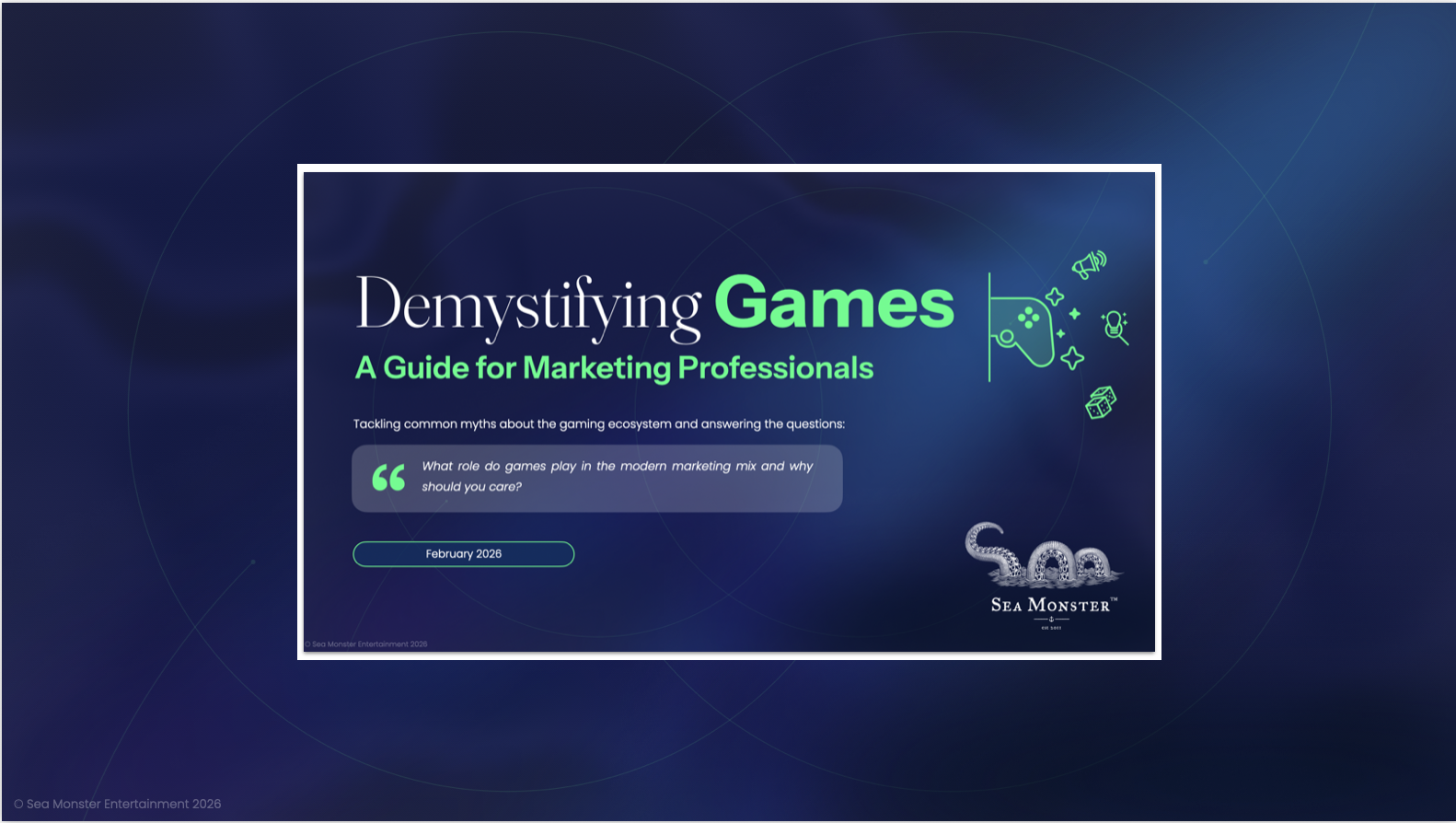In the wake of the Games for Change Africa festival, which took place towards the end of 2022, it’s becoming increasingly clear that gaming – and impact gaming in particular – has the potential to be a significant force for good across the African continent. Not only can the sector help drive positive change in fields such as education, financial literacy, and skills development, but impact gaming can also promote job creation and help foster diversity and inclusivity.
Understanding impact games
Before delving into all that, it’s worth looking at what separates the kinds of games that can contribute to those changes from those more traditionally associated with the commercial gaming sector. Most frequently referred to as 'impact games' these games mirror the dynamic interactions, structural complexities, and feedback loops that characterise real-world situations and scenarios. In doing so, they can encourage and reward the kind of outcomes and behaviour changes that organisations want to see from their employees in a comparatively low-stakes environment. As my colleague Glenn Gillis pointed out at the Games for Change Africa conference: “As humans, we are hardwired to learn through the power of play.”
A new African story
By tapping into that instinct, Africa can make use of the available technologies to ensure that the continent has a new story to tell. More specifically, games can give people across Africa the agency to shape their own narratives and their own futures. Take education for a start. Despite knowing that traditional schooling systems are no longer fit for purpose, especially when it comes to producing skills needed for the workplace of tomorrow, we persist with outdated modes of teaching and methodologies. Games can help change that by shaping classroom experiences in a way that uses fun to drive learning in order to help unlock what students are truly capable of doing and achieving.
Serious games, serious business
The market opportunity is also very clearly there. Globally, impact games have grown from being worth US$3.5-billion in 2018 to the point where they’re expected to be worth US$24-billion by next year. Africa doesn’t just have the potential to grab a slice of that pie but to dramatically expand it too. Remember, the continent is home to more than 1.2 billion people, 60% of whom are under the age of 25. Connectivity is also becoming increasingly affordable, fast, and ubiquitous. Together those factors mean that the continent is ripe to embrace both traditional games and games for impact in a big way.It’s therefore critical that any company that is serious about reaching this rapidly scalable market acts now, rather than waiting for some undefined point in the future.When it comes to the matter of funding these progressive impact gaming interventions, one need only look to the billions upon billions of dollars that major corporations spend on passive marketing across the continent. Imagine the brand impact they could make if they instead unlocked some of the knowledge within their organisations and built it into games that have the potential to educate and drive positive behavioural change. In doing so, brands would be able to service their business goals by exchanging value with their most engaged customers as well as the wider community in a very meaningful way.
The importance of being diverse and inclusive
The only way that impact games will reach their true potential, however, is if the sector is as diverse and inclusive as possible. There have been many instances over the years where the gaming sector has been exclusionary in terms of gender, race, and income. Impact games can fall into those same traps, even when they’re built with the best of intentions. In a worst-case scenario, a game can even end up feeling exclusionary to the very people it’s targeted at. It’s therefore critical that the right foundational work be done before embarking on an impact game project. That includes engaging in extensive consultations with experts on the subject matter as well as attracting the most diverse possible sample of the intended audience for the game.
Additionally, it’s important to create personalised learning paths, and to recognise that a one-size-fits-all approach is naturally limiting. What works for me, won’t necessarily work for you - both corporate clients and game builders must understand and account for that.
Equally important is choosing the right platform (mobile or desktop) and deciding whether the game is going to be playable offline or only online. These are particularly important considerations in parts of Africa that are under-connected or where mobile devices are predominant. Having done that groundwork, you then need to create the right environment, with compelling narratives, listen to the opinions of users throughout the development process, and integrate their feedback.Once the game is developed, you need to figure out how best to distribute the game to its intended audience. Here again, data and connectivity considerations can be critical. Sometimes supplying data can be a crucial incentive for getting people to download and engage with a game. Remember, the actual users might not have the same kind of connectivity or even device accessibility as the people in the corporate businesses commissioning the games.Finally, you need to collect the right data and to do so in compliance with all the relevant regulations and find ways to circumvent high costs. That latter consideration will dissipate slightly as an impact game become more common but you still have an onus to act responsibly with whatever budget you have at hand.
Unleashing real potential
Ultimately, there is undoubtedly serious potential for impact games to have transformational power across a number of sectors on the continent. But they can only achieve that potential if the people commissioning and building the games alike are cognisant of the everyday realities faced by people across Africa.Equally important is that diversity and inclusion, across the full range of meaning for those terms, be baked into the conceptualisation, development, and distribution processes.By taking into account the specific complexities and considerations for creating impact games that address some of Africa’s most wicked problems, African creators are, in extension, also equipped with a unique viewpoint to look beyond the borders of the continent and provide solutions to global problems. It is for this reason that African creatives are well positioned to actively participate within the international impact gaming space. Looking forward, I hope to see that potential be unleashed.


.svg)
.svg)
.avif)





.gif)
